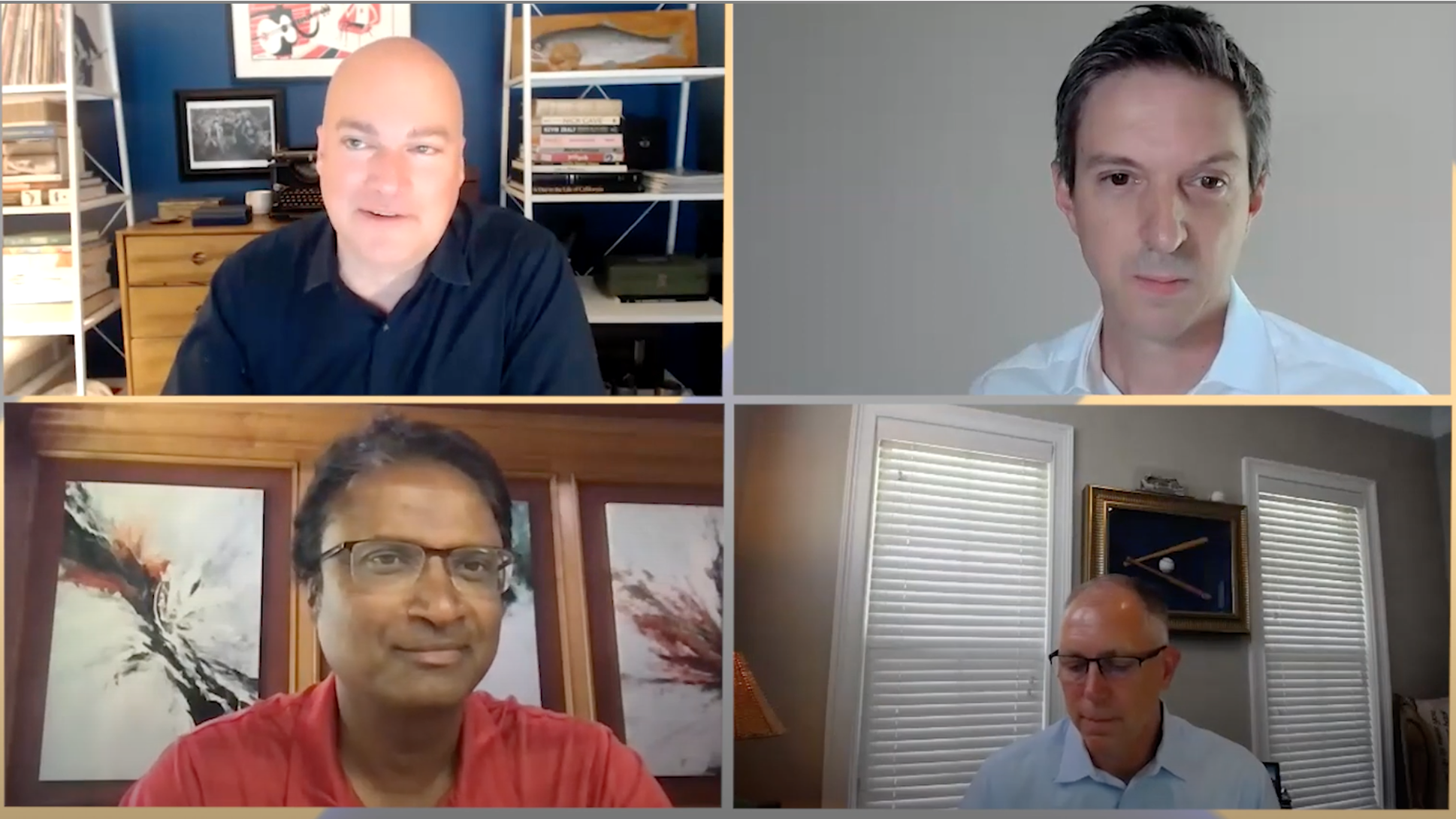Facebook co-founder Chris Hughes came just short of calling for the regulation of his former company and the other internet giants at Techonomy NYC.
Speaking with Techonomy founder David Kirkpatrick, author of The Facebook Effect, Hughes said self-regulation was not enough: “We have to recognize that the executives at these companies will be making decisions about the experience,” he said. “With that power comes a lot of responsibility. And just to rely on self-regulation alone is concerning.”
Later, he added: “I think that Facebook is effectively the public square for political discourse. If that’s going to stay the case, we need rules of the road.”
While he never explicitly called for regulation, Hughes said that the issues plaguing Facebook are too complex to be left to Facebook to solve on its own.
“We can’t just look to Mark Zuckerberg for the answers,” he said.
Hughes called for a “data dividend,” a payment from the internet giants to their users for the use of their data, as a way to ensure a more equitable distribution of the wealth that data is creating.
“There is an argument to be made that all of this data we are creating is a kind of common wealth. Collectively, it’s very valuable,” he said. “We’re creating all of this common wealth. We need privacy protections. It’s also reasonable to ask that everybody creating this data should share in the wealth.”
Hughes acknowledged that there were many unanswered questions associated with his idea, but said he wanted to start the conversation.
The idea comes as the company he co-founded is under intense pressure to rethink how it works and to defend its values. Hughes was clear-eyed about his former colleagues’ role in society: “There’s a reasonable case to be made that Facebook has contributed to the extreme voices getting a lot of attention. Facebook made decisions to allow that to happen. It’s not the only factor but we should acknowledge that it’s a contributor.”
Later, he returned to the theme: “Technology is built with certain values in mind that can reward or disincentivize behavior, he said. “Right now, Facebook rewards whatever is most extreme or most dramatically put. Technology is not neutral. The design matters.”

The discussion with Hughes followed a conversation between Kirkpatrick and two Facebook antagonists, Marc Rotenberg, president of the Electronic Privacy Information Center, and Jason Kint, CEO of Digital Content Next, a trade organization for premium digital publishers.
The pair pulled no punches.
“I see a very large company with very little accountability, very little democratic control, and asymmetry of transparency,” Rotenberg said.
Kint added: ““The public is asked more and more to share our personal information, and companies like Facebook become more and more secretive and non-cooperative in how they use our data. The power is entirely upside down. They have zero liability over the content that goes thru their system but capture all of the value that comes with the data.”
The two differed on the question of regulation, with Rotenberg, whose complaint led to an FTC consent decree against Facebook, calling for regulation, while Kint expressed concern about the impact regulation could have on other companies.
“I have significant distrust that they are able to fix these problems,” Kint said. “There’s plenty of profit to do a better job. I am generally concerned about regulation across the industry. I’d rather see self-regulation step up.”
Rotenberg, however, said that self-regulation has not worked.
Both warned that Google was just as big, if not a bigger threat, to consumer privacy than Facebook. Nearly 80 percent of the top websites carry Google tracking code, Kint said.
Hughes said the public outcry is an opportunity for tech leaders to “embrace this moment.”
“The other direction is to think that conversations like this are a threat to Facebook,” he said. “I think Mark wants to be a force for good in the world. The question is how much do they embrace the questions or hope that it dies down.”
Facebook Co-Founder: ‘Self-Regulation Alone is Concerning’
Facebook took its lumps at Techonomy NYC, most notably from its own co-founder, Chris Hughes.















